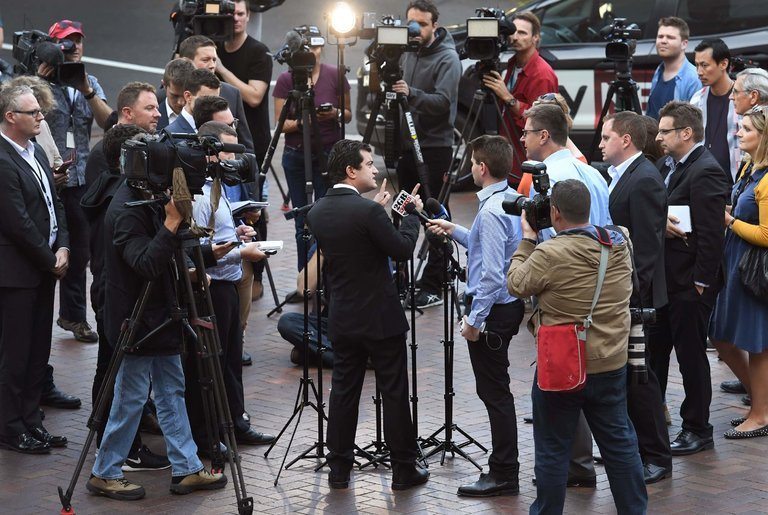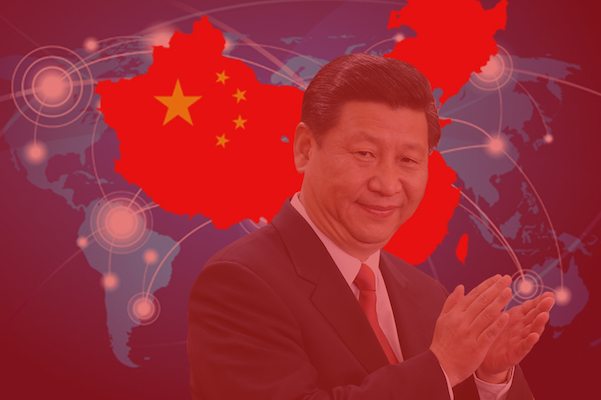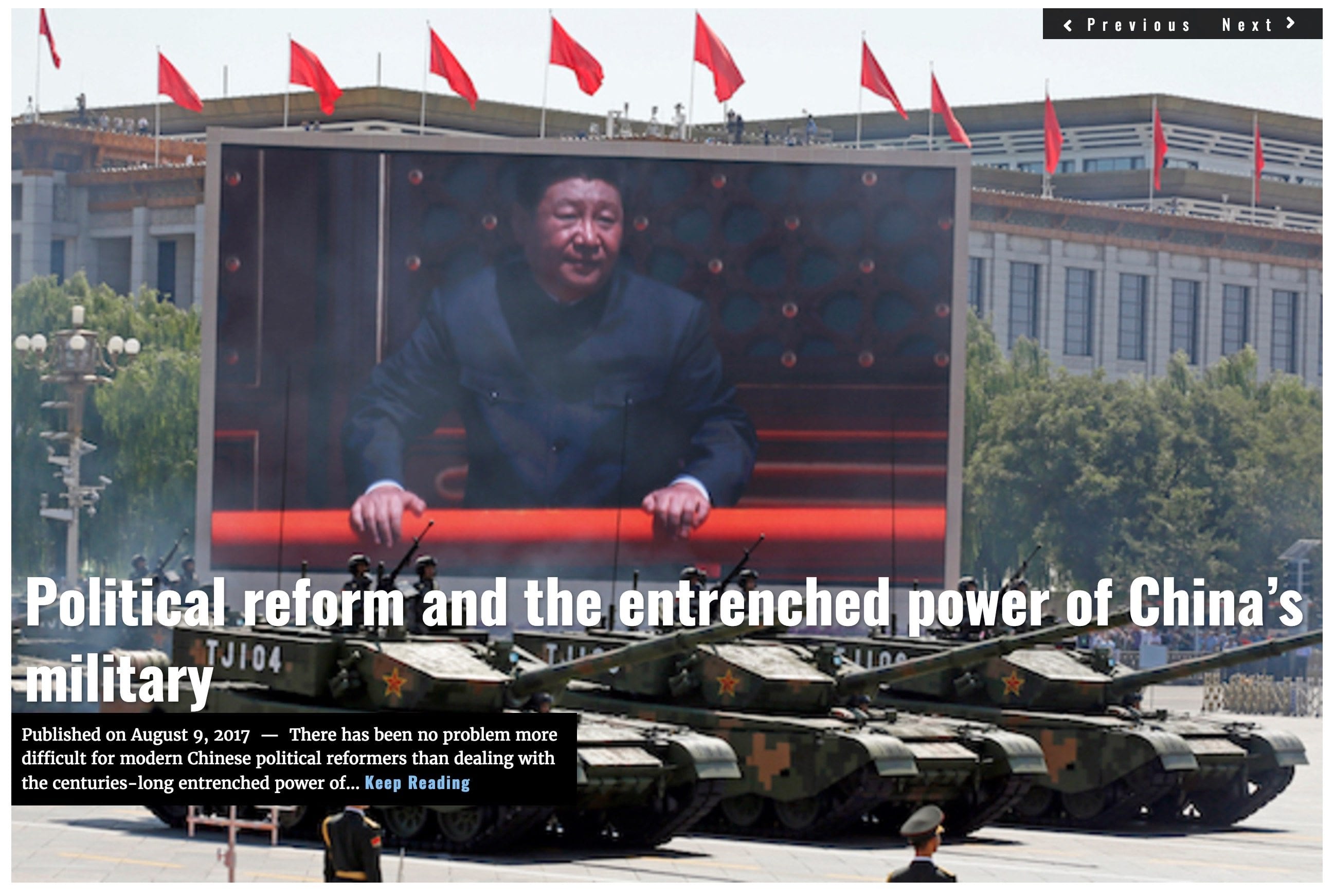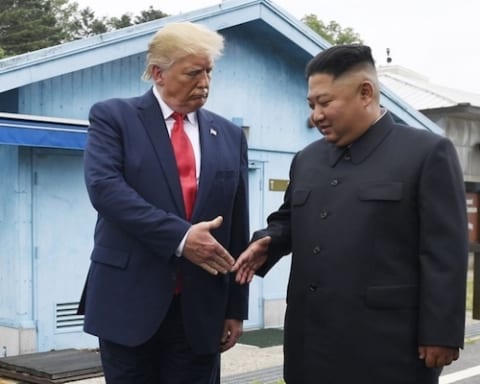On Wednesday, Beijing summoned Australia’s Ambassador, Jan Adams, to lodge a complaint over Australia’s allegations that China has been interfering in its politics, a signal that China won’t back down in an ongoing diplomatic confrontation between the two nations. Last week, Australia’s government introduced laws designed to combat alleged Chinese interference.
“Chinese people stand up for their sovereignty and they expect Australian people and particularly Australian leaders to stand up for theirs,” said Australian Prime Minister Malcolm Turnbull on Saturday.
PM Turnbull said the proposed new laws, which need parliamentary approval, would target “covert, coercive” activities, and were necessary to address “disturbing reports” of Chinese influence via espionage, counter-intelligence and political donations. Chinese officials have accused Turnbull of poisoning relations between the two Pacific powers.
“Such remarks simply cater to the irresponsible reports by some Australian media that are without principle and full of bias against China,” said China’s Foreign Ministry spokesman Geng Shuang.

This crisis has been brewing since June, when Australia’s intelligence chief accused two businessmen of Chinese descent of being foreign agents, implicating that their donations to both parties may have been orchestrated by Beijing. The issue didn’t rise to the forefront of Australian politics until recently, when accusations emerged that Labor Party MP Sam Dastyari had accepted donations to adhere to Chinese policies on the South China Sea.
Also on Saturday, The Australian reported that Australia’s spy agency identified 10 state and local political candidates who are tied to Chinese intelligence.
A Larger Problem
On December 10th, the head of the German intelligence agency, Hans-Georg Maasen, said that over 10,000 Germans have been targeted by Chinese intelligence agents posing as consultants, recruiters or researchers on social media.
The tactic, described by Maasen, involved Chinese agents using fake accounts, primarily on Linkedin, attempting to ensnare people by offering them free trips. Maasen also described attempts to gain access to sensitive systems by using “supply-chain attacks,” which target employees with network access.
On December 13th, the United States Congress’ Congressional Executive Commission on China held hearings on China’s growing influence. Senator Marco Rubio, who was the Chair of these proceedings, focused on “insidious” attacks on academic institutions and efforts to influence American firms eager for access to the Chinese market. An op-ed by the Senator on the subject was published the following day.
To counter Chinese influence, we can and must do more to strengthen ties with our democratic allies in India, Japan, and Australia. https://t.co/e2nv8K2c5j
— Marco Rubio (@marcorubio) December 14, 2017
In September the Financial Times reported that a New Zealand MP was a former teacher at a Chinese spy college, but omitted that information when he applied for citizenship.
Sharp Power
“Sharp Power” is a term coined by the National Endowment for Democracy. The NED believes that there is a growing trend of authoritarian regimes using coercion, corruption, and manipulative media (including fake news) to impact opinion outside their countries. This stands in contrast to “soft power” in which a country’s culture and economics are leveraged to enhance their power and prestige. Unlike the Cold War, authoritarian regimes have been integrated into the global economic system as opposed to being cut off.
[Title Image: Lima Charlie News]
Lima Charlie News, Diego Lynch
Lima Charlie provides global news, insight & analysis by military veterans and service members Worldwide.
For up-to-date news, please follow us on twitter at @LimaCharlieNews
In case you missed it:




![Image China and U.S. Freedom of Navigation Operations collide in the South China Sea [Lima Charlie News]](https://limacharlienews.com/wp-content/uploads/2018/10/SCS-0000001-480x384.png)
![Image New photos support evidence of China's militarization of South China Sea [Image: REUTERS/Joe Chan]](https://limacharlienews.com/wp-content/uploads/2018/02/New-photos-support-evidence-of-Chinas-militarization-of-South-China-Sea-480x384.jpg)



![Blossoming Russo-Turkish alliance leaves U.S., NATO behind [Lima Charlie News]](https://limacharlienews.com/wp-content/uploads/2019/07/Russia-Turkey-alliance-leaves-U.S.-NATO-behind-480x384.png)


![Image China and U.S. Freedom of Navigation Operations collide in the South China Sea [Lima Charlie News]](https://limacharlienews.com/wp-content/uploads/2018/10/SCS-0000001-150x100.png)
![Image New photos support evidence of China's militarization of South China Sea [Image: REUTERS/Joe Chan]](https://limacharlienews.com/wp-content/uploads/2018/02/New-photos-support-evidence-of-Chinas-militarization-of-South-China-Sea-150x100.jpg)